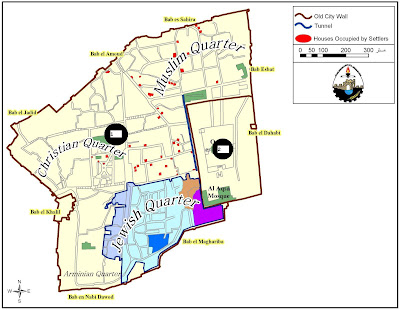The Bible is also full of parallels and symmetry. My favorite book is Genesis which has the craziest literary construction of any book ever wrote. What do I mean by parallels? Look at the "Tower of Babel" (Genesis 11:1-9):
a. introduction: all the Earth had one language (11:1)
b. people settle together in Shinar (11:2)
c. resolution of people "come let us..." (11:3-4)
d. CENTER OF STORY: God discovers the plot (11:5)
c. resolution of God "come let us..." (11:6-7)
b. people disperse from Shinar (11:8)
a. conclusion: all the Earth now has many languages (11:9)
Do you get the feeling that person who wrote the book knew what they were doing? Then there's also the creation account; look at the order of how it says things were created:
a. light
b. sea and sky
c. dry land
a. luminaries
b. fish and birds
c. land animals and humans
d. Sabbath
Here's another...it's the story of Abraham and the promise of a son (Genesis 12:1-21:7):
a. introduction
b. Abram lies about Sarai
c. Lot settles in Sodom
d. Abram intercedes
e. promise of a son
f. Ishmael's birth
g. CENTER: God's covenant
f. Ishmael and Abraham circumcised
e. promise of a son
d. Abraham intercedes
c. Lot flees Sodom
b. Abraham lies abouut Sarah
a. conclusion
Entire books have been written about the literary structure of Genesis alone; if you really wanted to dissect it, it would take years of scholarship--and it's a pretty short book.
Another such parallel I saw this weekend. In the story of Abraham, Abraham has to sacrifice his son Isaac; he's about 100 years old at the time, and Isaac is the son he always wanted; but God tells him to do it, and so he does (this is all in Genesis 22, FYI); as the story goes, he takes Isaac to Moriah, which, traditionally (this is a matter of debate) is located at the Temple Mount; sorry to ruin the story for you if you don't know it, but God tells him at the last moment that he doesn't have to kill his son after all...it was all a test.
Now fast forward to New Testament days; Jesus was crucified at Golgotha or Calvary. Unlike the Abraham story, historians have written record from people who weren't Christians that this was the spot that Jesus died; you can argue if you want whether or not Jesus rose from the dead, but the fact that he was crucified is true.
Now here's where the parallel is...the very spot where Jesus died and the spot where Abraham was to sacrifice his son are literally right next to each other. Kind of funny that the most important sacrifice in Jewish tradition and the most important one in Christian tradition happened basically in the same spot. The map below shows you how close. The "1" is where Jesus died, and the "2" is where Abraham traditionally went. I say traditionally because it's very possible that the location could have been many places...Moriah could have been someplace else, but it was still in Jerusalem; I'd like to believe that both sacrifices where actually on the same spot.






2 comments:
I too marvel at the Bible. No details are insignificant so the spot of Isaac's potential sacrifice on Moriah is probably the same spot as the location of the ark of the covenant/mercy seat in the original Holy of Holies in Solomon's Temple. The Bible is great literature--considering the author how could it be otherwise?
This is the kind of stuff that gives me an intellectual hard-on. Good work. By the way, you could have been a liiiiittle less snotty when I commented "that's just damn good writing," and you replied "ya think?"
I think I'll go post my abridgement of Plato's "Apology" right now!
Post a Comment